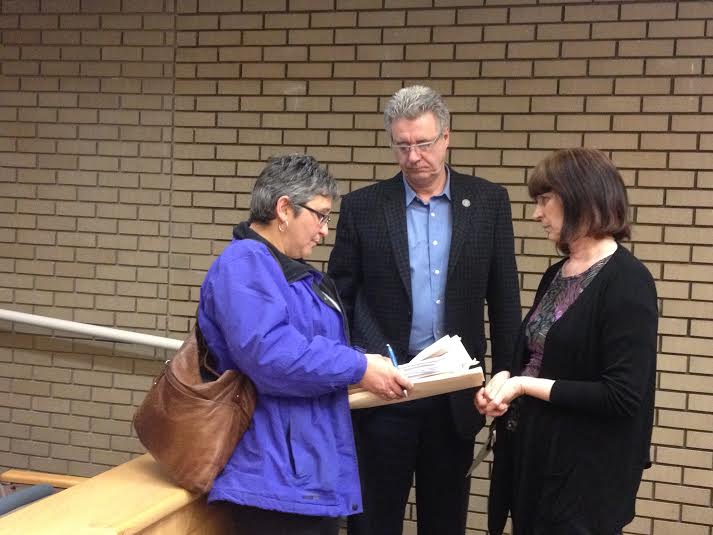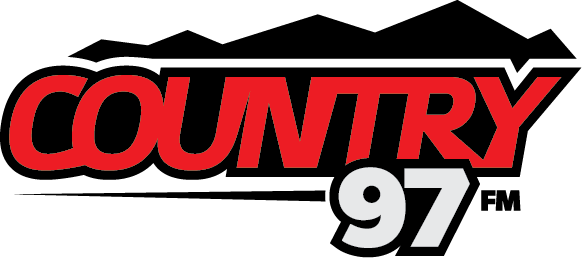
Last year’s record-breaking wildfires will forever be engrained in our memory and are now apart of the fabric of Northern BC.
When communities such as 100 Mile House and Williams Lake were evacuated, places like Prince George stepped up to the plate and welcomed people with open arms.
Looking at back at the one-year anniversary of the fires, Mayor Lyn Hall says it didn’t take long for them to understand the severity of the situation.
“For me, the thing that stands out the most is how quickly the wildfires spread and how quickly the residents of the Cariboo had to evacuate their homes and it just seemed to me that it happened so, so quickly and fortunately for us, we had started our evacuation center process a couple of days before.”
“We literally ran a second city within our own city and all of the amenities were there.”
He adds the level of community support didn’t sink in until he came across a friendly gesture.
“What we really hit home for me and I found it really interesting when I was driving in from the airport area and I see chunks of plywood with messages on it where it had free camping and an address and a phone number, people just having makeshift signs on the highway saying if you need a spot for your RV just give us a call.”

The northern capital set up a pair of evacuee centres housing displaced residents at the College of New Caledonia campus or at UNBC’s Northern Sports Centre.
Hall says the process of getting those people signed was a long process at times but feels they are better equipped to handle it if a similar situation arises.
“We learned a lot of things from this particularly from just a logistical perspective and being able to register people and that bogged us down but there is a process in place now where were doing pilot projects for the registration of folks in these circumstances can now be done electronically instead of manually.“
The memory of the raging wildfires will never leave the mind of Hall and for the rest of the city for that matter, however, a couple of instances early on will stand out in the mayor`s mind.
“One really is how we managed to step up as a community to provide these services I remember walking through CNC, which was our registration area and just the mass amount of people we had as volunteers and people working and then the mass amount of people who came in to register.“
“The second one is when a young family came with young children they were I think really uplifted that the services were there and they were comfortable with that but the minute they sat down at the registration desk mom and dad started to cry and it really hit home when they were being asked specific questions so they can provide and receive the service.”
The city took in over 11,000 evacuees with over 5,500 of them being taken in by complete strangers.
About 200 homes were lost province-wide during the 2017 wildfire season.
The wildfires around Williams Lake and the Elephant Hill blaze caused over $127 million dollars worth of insured damages.
On July 7th, 2017, a state of emergency was declared by the now former Minister of Transportation, Todd Stone, making it the first state of emergency in 14 years.
The causes of the massive wildfire were from a combination of lightning and humans.
Something going on in the Prince George area you think people should know about?
Send us a news tip by emailing [email protected].







